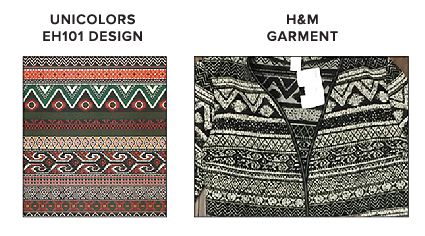Registration of a copyright is a prerequisite for a lawsuit. The Copyright Office generally takes applications at face value, and once the certificate issues, the pre-suit registration requirement is met-even if information on the certificate is inaccurate. The only exception is when the applicant included the information "with knowledge" that it was inaccurate, and the inaccuracy, if known, would have caused the Copyright Office to refuse registration. Section 411(b) establishes a two-step process: when a challenger alleges that inaccurate information was included "with knowledge," the court must ask the Copyright Office whether it would have refused registration had it known of the inaccuracy. 17 U.S.C. § 411(b).
But what does "knowledge" mean? In Unicolors v.

The Ninth Circuit reversed. It held that the plain meaning of "single unit of publication" was that all the works must have been "first published as a singular, bundled unit." The question, said the panel, was not whether Unicolors knew its application failed the legal single-unit registration requirement, but "merely whether Unicolors knew that certain designs included in the registration were . published separately to exclusive customers." The Ninth Circuit concluded that the district court should have sought advice from the Copyright Office and then determined whether the registration was invalid.
Unicolors appealed, asking the
In the case before the Court, Unicolors claimed to have been unaware that its designs did not meet the legal "single unit of publication" standard. The Court reasoned that since it was only the legal requirement that rendered the information in the application inaccurate, taking Unicolors at its word meant it could not have acted "with [actual] knowledge" of inaccuracy. The Court vacated the Ninth Circuit's judgment and remanded for further proceedings.
District Court Case No. 2:16-cv-02322-AB-SK (
Ninth Circuit Opinion: 959 F.3d 1194 (2020)
The content of this article is intended to provide a general guide to the subject matter. Specialist advice should be sought about your specific circumstances.
Ms
IL 60601
Tel: 3125585600
Fax: 3125585700
E-mail: awisinski@winston.com
URL: www.winston.com
© Mondaq Ltd, 2022 - Tel. +44 (0)20 8544 8300 - http://www.mondaq.com, source





